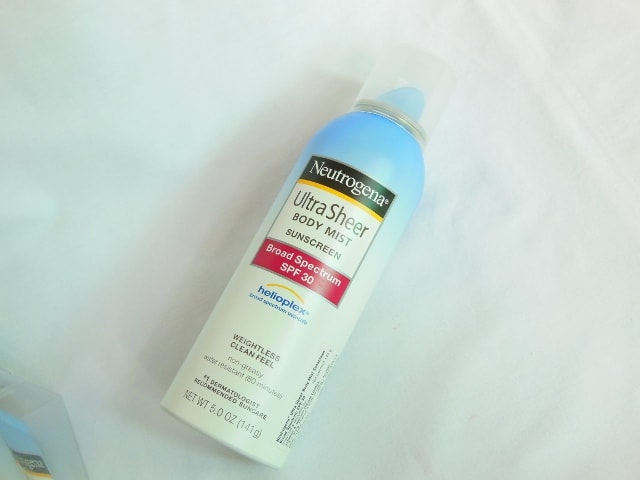

UV light penetrates through the clouds, and it reflects off water, snow and other surfaces. Keep in mind, too, that you need sunscreen anytime you’re outside, even if the sun isn’t shining.

When you spend more time outdoors, however, use a stronger form of sunscreen and reapply it at least every two hours. For the days you spend in your office, using a cosmetic product that contains sunscreen, such as moisturizer or aftershave, is all you need.
WHO MAKES NEUTROGENA SUNSCREEN SKIN
To best protect your skin from UV light, wear sunscreen every day, even if you spend much of your time indoors. A sunscreen may be water-resistant, but no sunscreen is waterproof. Reapply sunscreen at least every two hours, or more often if you’ve been sweating or swimming. Apply sunscreen generously to the rest of your exposed skin as well. For example, about two tablespoons of sunscreen, or about enough to fill a shot glass, is only enough for your face, your neck and the back of your hands.
WHO MAKES NEUTROGENA SUNSCREEN FULL
The key to getting the full amount of SPF protection from sunscreen is applying it generously and frequently. That means high SPF sunscreens, such as SPF 100, may not be worth the added expense you pay for them when compared to the protection they offer. Sunscreens with SPFs higher than 50 provide only a small increase in UVB protection, compared to SPF 30 or SPF 50. Experts agree that an SPF factor of 15 is the minimum needed to prevent skin damage from UVB. This number gauges how well a sunscreen blocks UVB rays. Many chemical sunscreens are available.Īs you choose sunscreen, check its sun protection factor, or SPF. That can be particularly beneficial for younger children and individuals who have sensitive skin.Ĭhemical sunscreens work by absorbing the UV light and causing it to undergo a chemical reaction that prevents it from damaging your skin. It also tends to be less irritating to the skin than chemical sunscreens. However, physical sunscreen provides significant, lasting protection from UVA and UVB light. Some people don’t like to use physical sunscreen, because it remains visible on the skin after you apply it. These products contain zinc oxide or titanium dioxide. Physical sunscreen literally blocks UV light from reaching your skin by either reflecting the light or absorbing it. These are labeled as “broad-spectrum” or “full-spectrum” sunscreens. The best sunscreens offer protection from all UV light. UVB is the shorter wavelength of light that penetrates the surface of the skin and causes sunburn. UVA leads to skin damage over time that can prematurely age your skin, causing wrinkling and age spots. UVA is the long wavelength of light that penetrates to the deep layers of skin. There are two types of UV light that can harm your skin: UVA and UVB. Sunscreen protects your skin from the sun’s ultraviolet, or UV, light. It is a good idea to wear sunscreen every day even if you work indoors. Given that they also are hypoallergenic, physical sunscreens may be a safer choice for some people who have sensitive skin. Physical sunscreens usually are less expensive than chemical sunscreens. DEAR MAYO CLINIC: What is better for sun protection: a chemical sunscreen or a physical sunscreen? Is it really necessary for me to wear sunscreen even if I work in an office all day?ĪNSWER: Both chemical and physical sunscreens offer effective sun protection when applied correctly.


 0 kommentar(er)
0 kommentar(er)
